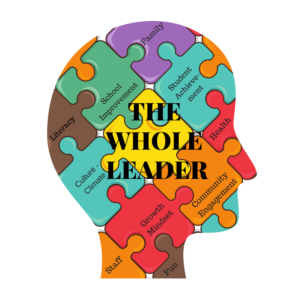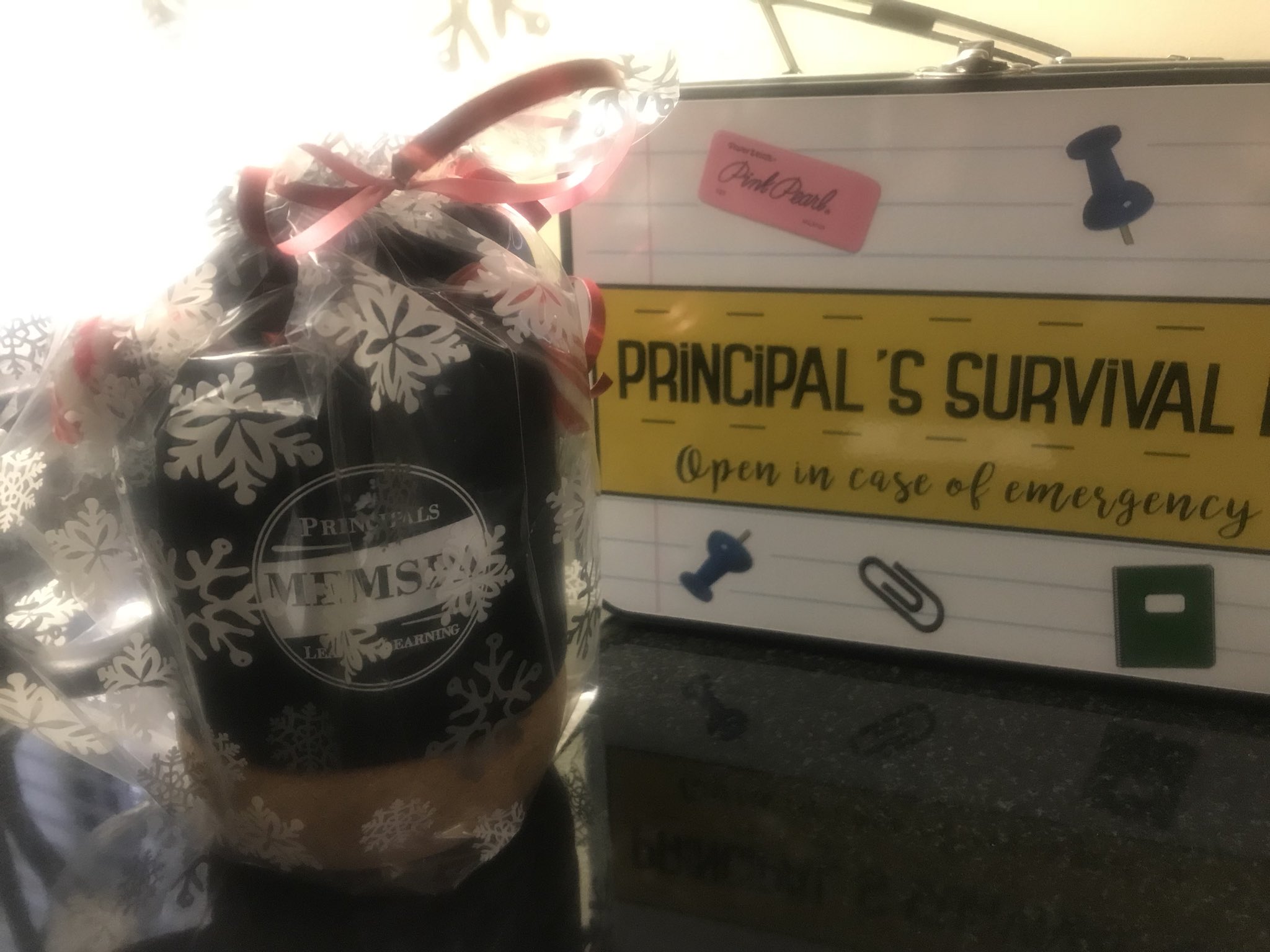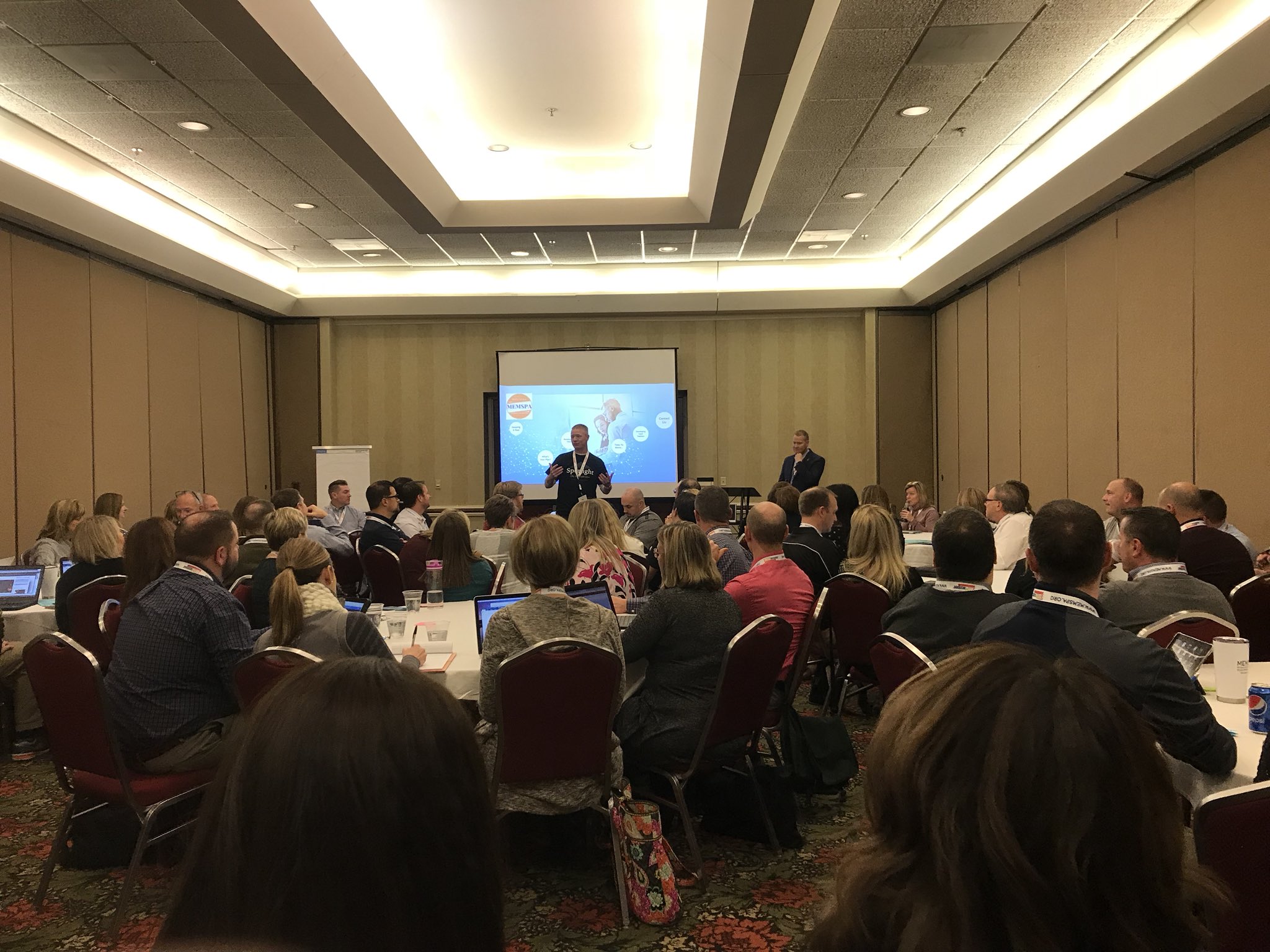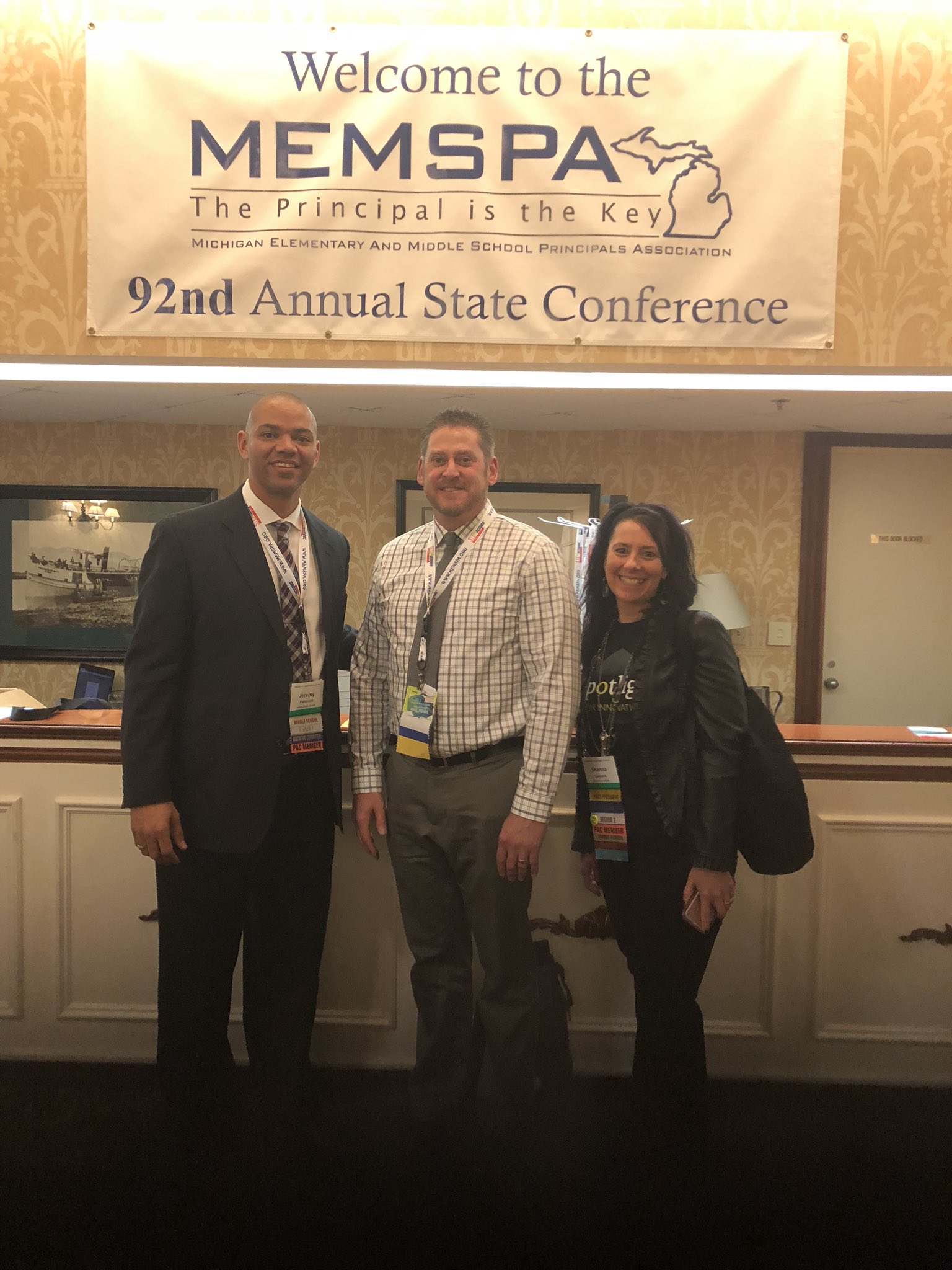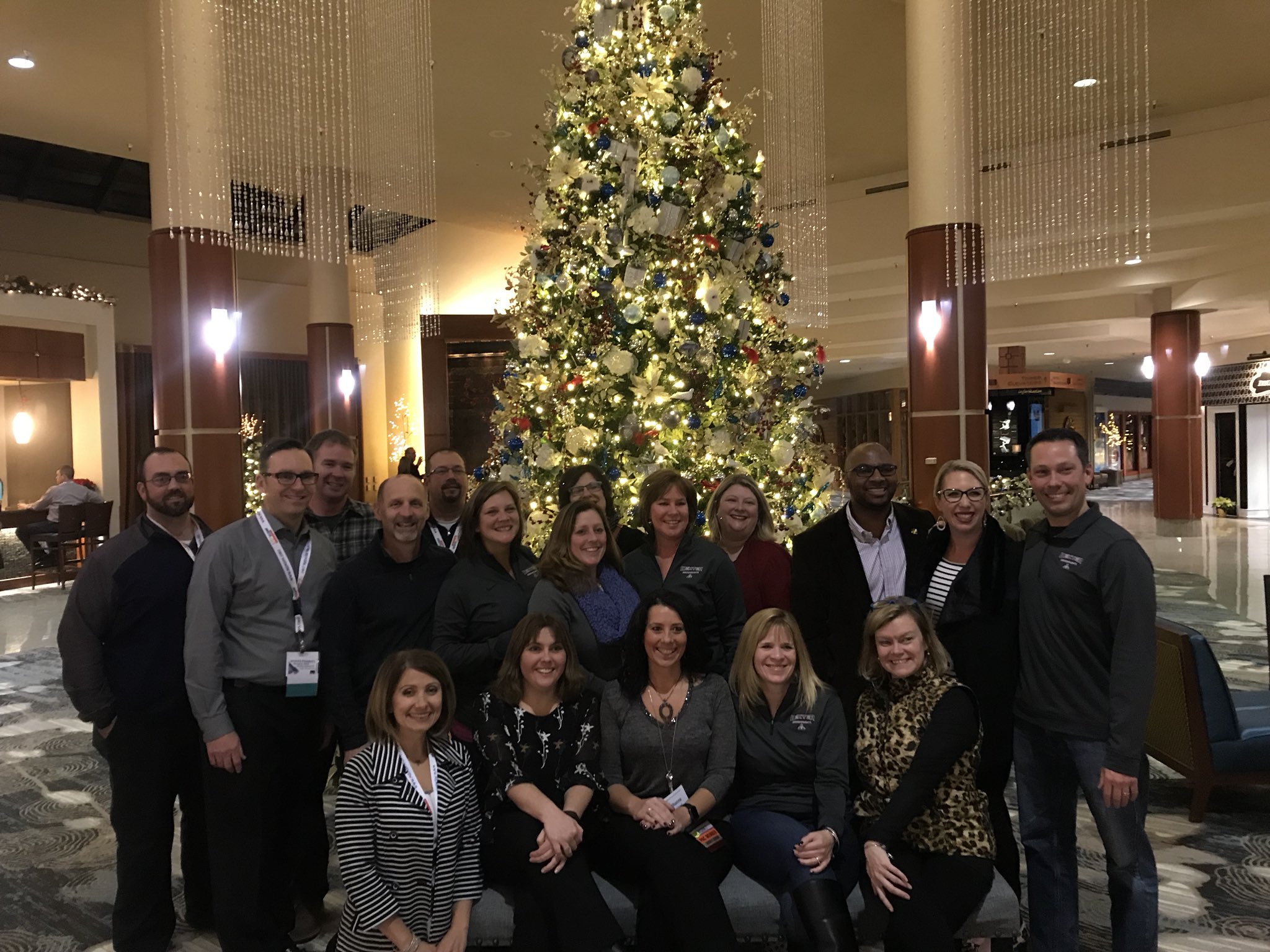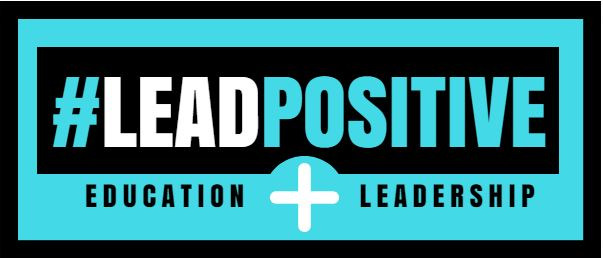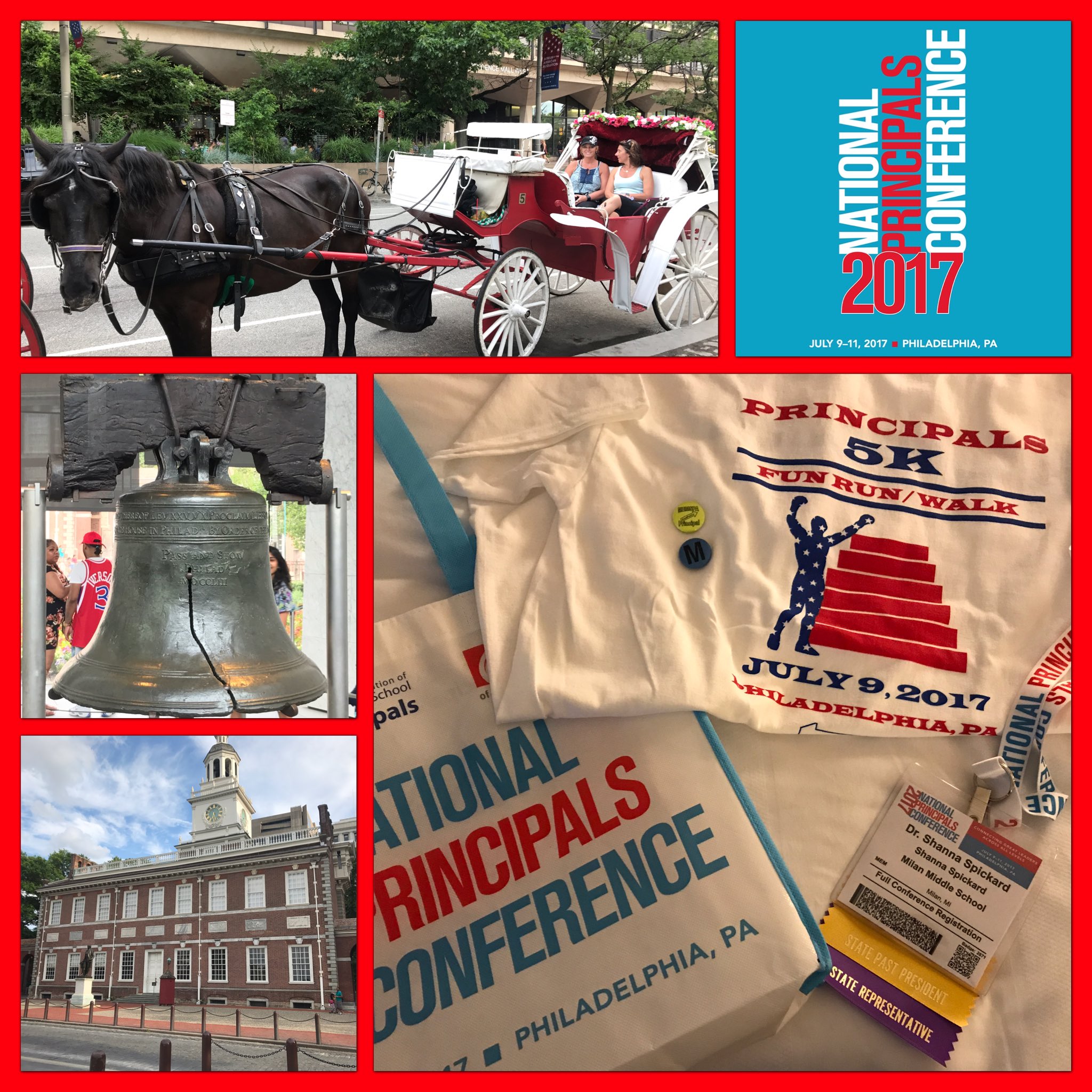In the middle of my second year of administration, my husband was deployed to Afghanistan. I was left with two young children, working on a specialist degree in education leadership, continuing a fairly new principalship, and the honeymoon was over. I had my first grievance; I was wearing many district hats in addition to leading a building. Although I tried not to show it, I really didn’t think I would make it. To be perfectly honest, I probably would not have made it through that year or the nine other years of serving and leading others if it were not for my strong network of colleagues through my professional associations of Michigan Elementary and Middle School Principals Association (MEMSPA) and National Association of Elementary School Principals (NAESP).
The principalship no longer needs to be a lonely, isolated island. With several opportunities to connect, engage, and contribute, the role of instructional leader can be more rewarding than ever before. No matter the location, level, or culture, similar people and resources are only a click away. It is essential to the vitality of the career to keep a close network of people to support, encourage, mentor, and challenge. Staying connected means participating in professional associations and organizations, using social media, and committing to giving back to the profession. These are just a few ways to stay both connected and positive.
Professional Organizations
Many state and national organizations and associations make it easy for people to connect. Conferences and workshops add in time to collaborate, network, and connect with other professionals. Many offer professional learning offerings that are sustained over time with opportunities to collaborate. Many groups and regional subgroups have face-to-face and virtual meetings, making it even easier to connect with other principals. It is important that leaders utilize these supports and connect with others in the profession. Participation can keep members positive in times of difficulty. Taking an active part in NAESP or other professional associations is a BONUS to its membership.
NAESP is a BONUS to you!
B
|
Bucket Filler: Participating in regional, state, and national activities and networking can fill your bucket emotionally, educationally, and professionally.
|
O
|
Opportunity to give back: Get involved. Share your knowledge and skills. Mentor your teacher leaders; assist aspiring, new, and veteran leaders.
|
N
|
Networking: Make connections and use them to help support, assist, and encourage you. Connections can help you build your own capacity.
|
U
|
Understanding/Learning: The professional learning that these organizations provide is outstanding: up-to-date legislative updates, news, and PLNs.
|
S
|
Support: The membership comes with many additional supports and perks: legal advice, liability insurance, PD, expert colleagues, and many resources.
|
In addition to the membership benefits of an organization, social media can break down barriers to connecting with others in the profession. A networked, 21st-Century leader is using these outlets and tools.
Social Media
Many professional memberships, such as MEMSPA, are using social media to further the reach and support to principals. #MEMSPA chat Thursday nights at 8:00 p.m EST is a great way to collaborate with other principals on important, timely, and relevant topics. Following hashtags of these key organizations opens up resources, information, and professional learning. Applications like Voxer, Blogger, and Twitter can extend a leader’s reach and support. Social media is great for school and district branding; moreover, it serves as a well for leaders and educators to connect, dialogue, reflect, communicate, collaborate, be creative and think critically. These 21st-Century skills are not just for the students. All stakeholder groups need to practice, model, and develop these skills. However, it does not just stop there. Networking is a start. Mentoring, sharing, and supporting are a ways to give back to the profession.
Pay It Forward
It is critical to the success of education to share the knowledge gained from participating in networked, collaborative ways to others in the profession. Not only will leaders become more reflective in their own practices, but they can also support others at the same time. Growing from participating in a Twitter chat to moderating one is a start. Taking risks and blogging about successes (even after failure) can both inspire and encourage other leaders. Presenting at conferences, joining leadership positions at regional, state, and national levels, mentoring aspiring and new leaders, and even writing articles in leadership publications is a way to contribute.
#LeadPositive
The most important aspect of a networked principal is to be positive and lead by example. Students, teachers and staff, parents, and the community need to hear and see all of the good school leaders and educators are doing. The quote, “If you change the way you look at things, the things you look at change." by Dr Wayne Dyer is evidence that a person’s outlook can make or break his or her day and the climate of the buildings. If principals lead with more positivity, their teachers and students will be more positive. It is contagious. It needs to be the networked principal’s mission to lead positively. Negativity can only be stopped with strong positive connections, behaviors, and attitudes. It is the duty of an instructional leader to be contagious with positivity.
Being an instructional leader can be an exhausting career; however, for a networked principal, it may be challenging and difficult, but it is the best, most rewarding profession there is. #LeadPositive
Web Resources:
George Couros is an amazing speaker, blogger, and author. In this Principal of Change: Stories of Leading and Learning blog, he writes the post “Social Media for Administrators.” This is a great place to get started.
“Millennials Have Rediscovered the Benefits of Joining a Professional Organization”
Mentoring is beneficial to all.
Positivity Can Be Contagiously Rewarding: Negativity, Destroying blog with a positive, education focus.
